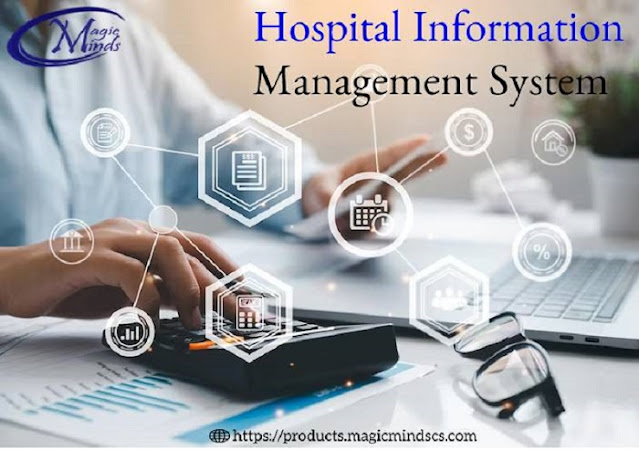The Importance of Pathology Lab Management Software
In the field of pathology, accurate and efficient management of laboratory processes is vital for delivering high-quality patient care. Pathology labs handle a vast amount of data, including test results, patient information, and inventory management. To streamline these operations and improve overall efficiency, pathology lab management software is becoming increasingly essential. In this article, we will explore the importance of pathology lab management software, also known as Laboratory Information Management Systems (LIMS), and how it can revolutionize lab operations.
Streamlined
Workflow and Automation
Pathology labs deal with a multitude of tasks,
from sample collection and tracking to result interpretation and reporting. Lab management software helps
streamline the workflow by automating various processes. With LIMS, the entire lab workflow can be
automated, including sample accessioning, test scheduling, result entry, and
report generation. This automation reduces manual errors, eliminates redundant
paperwork, and improves overall productivity, allowing lab technicians and
pathologists to focus on their core tasks.
Efficient
Data Management and Reporting
Accurate and efficient data management is
crucial in pathology labs. Lab management software offers a
centralized platform for storing and managing patient data, test results, and
laboratory records. LIMS systems
provide standardized data entry formats, ensuring consistent and reliable data
collection. This data can then be easily accessed, retrieved, and analyzed when
needed. Lab management software also
enables the generation of comprehensive reports and analytics, facilitating
better decision-making and enhancing the quality of patient care.
Enhanced
Quality Control and Compliance
Pathology labs are subject to strict quality
control and compliance regulations. Lab
management software helps in ensuring adherence to these regulations by
implementing standardized protocols and workflows. LIMS systems enable tracking of samples, reagents, and equipment,
ensuring proper maintenance and calibration. They also provide documentation
and audit trails, simplifying compliance reporting and facilitating internal
and external audits. Lab management
software acts as a reliable tool for maintaining quality control measures
and meeting regulatory requirements.
Inventory
Management and Cost Control
Efficient inventory management is crucial in
pathology labs to ensure the availability of necessary reagents, supplies, and
equipment. Lab management software
helps in tracking inventory levels, automating reordering processes, and
maintaining optimal stock levels. This eliminates the risk of running out of
essential supplies or overstocking, leading to cost savings and minimizing
wastage. By managing inventory effectively, labs can reduce costs, improve
resource utilization, and enhance overall operational efficiency.
Enhanced
Communication and Collaboration
Collaboration and communication are vital
aspects of pathology lab operations.
Lab management software facilitates seamless
communication and collaboration among lab technicians, pathologists, and other
healthcare professionals. LIMS systems
provide features such as result sharing, secure messaging, and remote access,
enabling efficient collaboration regardless of geographical location. Real-time
access to patient data and test results improves interdisciplinary
communication and facilitates timely decision-making for patient care.
Improved
Turnaround Time and Patient Care
Reducing turnaround time is a key objective in
pathology labs, as it directly impacts patient care and treatment decisions. Lab management software plays a crucial
role in expediting the testing process. Automated workflows, result validation,
and report generation capabilities offered by LIMS systems significantly reduce the time required for data entry,
result interpretation, and report generation. This leads to faster turnaround
times, enabling healthcare providers to make timely diagnoses and treatment
decisions, ultimately improving patient care outcomes.
Data
Security and Confidentiality
.png)
.jpg)


Comments
Post a Comment